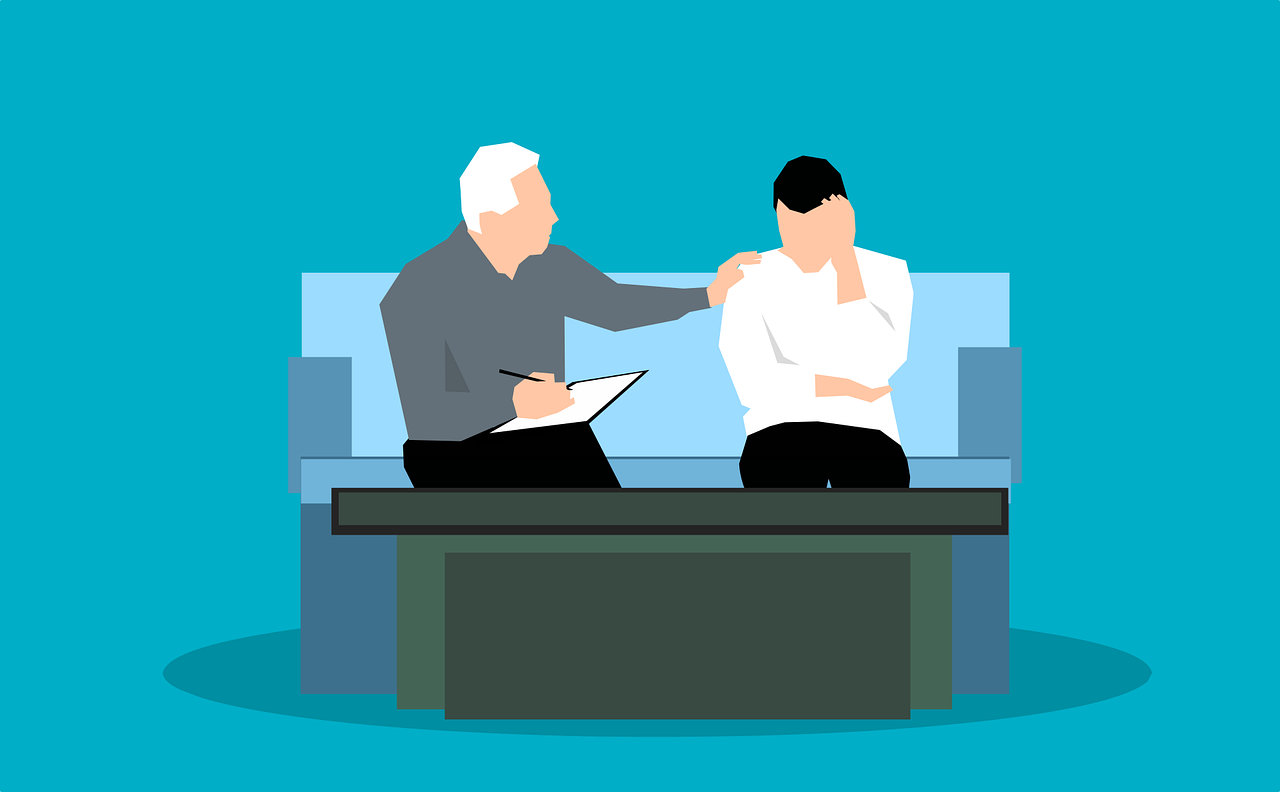When it comes to your physical and mental health, testosterone plays an essential role. Low levels of this hormone can dramatically impact your overall physical and mental well—being. In this guide, we’ll explore how low testosterone affects your mental health and what you can do to address the issue. We’ll discuss the various symptoms associated with low testosterone, what causes it, and the ways in which you can boost your testosterone levels. Let’s dive in!
Understanding Testosterone
Testosterone is the primary male sex hormone, responsible for regulating many aspects of men’s physical and mental health. It’s important to note that testosterone isn’t just a “male” hormone; women produce it, too, although in much smaller amounts than men. Testosterone plays an essential role in both men and women, affecting physical characteristics such as muscle mass, strength, and mental health.
When you have low testosterone, it can have a negative impact on your mental health. However, there are ways to address the problem and boost your testosterone levels, including therapies. For instance, Men’s Revival provides testosterone therapy for men who experience low testosterone levels. This therapy can help you to gain back your lost libido, muscle strength, and mental clarity, enabling you to feel better mentally.
What Causes Low Testosterone?
There are several potential causes of low testosterone. Age is one factor; as men age, their natural production of testosterone decreases. Certain medical conditions or medications can also cause low testosterone levels, such as diabetes or steroid use. In addition, certain lifestyle factors can contribute to decreased testosterone levels, such as obesity and lack of exercise.
Lastly, stress can cause low testosterone levels in men, as the body releases hormones to cope with stressful situations. It is important to discuss any potential causes of low testosterone with your doctor to determine the best course of treatment.
Symptoms of Low Testosterone
Low testosterone can cause a variety of symptoms, both physical and mental. Physically, low testosterone can lead to decreased muscle mass, low energy levels, difficulty sleeping, and changes in body shape. Mentally, it can cause depression, anxiety, irritability, fatigue, and difficulty concentrating.
It is important to note that other conditions can also cause these symptoms, so it is important to talk to your doctor if you are experiencing any of them. For instance, if you are experiencing depression, it could be caused by low testosterone levels, but it could also be a sign of another underlying mental health condition.
How Low Testosterone Affects Your Mental Health
When you have low testosterone, it can significantly affect your mental health. Low testosterone can lead to depression, anxiety, fatigue, difficulty concentrating, and irritability. It can also cause changes in libido and sexual performance; this can be especially stressful for men who are trying to build a healthy relationship with their partner. Additionally, the changes in hormone levels can lead to a decrease in self-confidence and an increase in feelings of worthlessness.
Low testosterone also has physical effects on mental health. It can lead to decreased muscle mass, fatigue, insomnia, decreased appetite, weight gain, and difficulty building healthy relationships with others. The physical symptoms of low testosterone may contribute to a sense of isolation and difficulty functioning in everyday life.
Boosting Testosterone Levels
There are various ways to boost your testosterone levels, including lifestyle changes and supplements. Below are the proven ways to naturally increase testosterone:
- Exercise regularly. Studies have shown that regular exercise can increase testosterone levels in men, especially strength training and high-intensity interval training (HIIT).
- Get enough sleep. Lack of sleep has been linked to decreased testosterone levels. Aim for 7–8 hours of restful sleep each night.
- Eat a healthy diet. Eating a balanced diet rich in protein, healthy fats, and complex carbohydrates can help keep testosterone levels up.
- Manage stress. Stress has been linked to decreased testosterone levels, so finding ways to manage your stress is important. This could include mindfulness techniques such as meditation or yoga, talking with friends or family about your worries, or taking time for yourself to relax and unwind.
- Use supplements: Several supplements can help boost testosterone levels, such as zinc and magnesium. Talk to your doctor before taking any supplements to make sure they are right for you.
- Therapy: If the cause of your low testosterone is stress or depression, therapy can effectively increase your levels. Talking with a professional about your thoughts and feelings can help you manage your stress levels and better cope with any underlying issues that may be causing low testosterone.

In conclusion, low testosterone can have a significant impact on your mental health and overall well-being. If you are experiencing any symptoms of low testosterone, it is important to talk to your doctor so they can help determine the cause and suggest the right course of treatment for you. Making lifestyle changes such as exercising regularly, getting enough sleep, eating a healthy diet, and managing stress can help boost testosterone levels naturally. Additionally, certain supplements and therapy could be beneficial as well.
